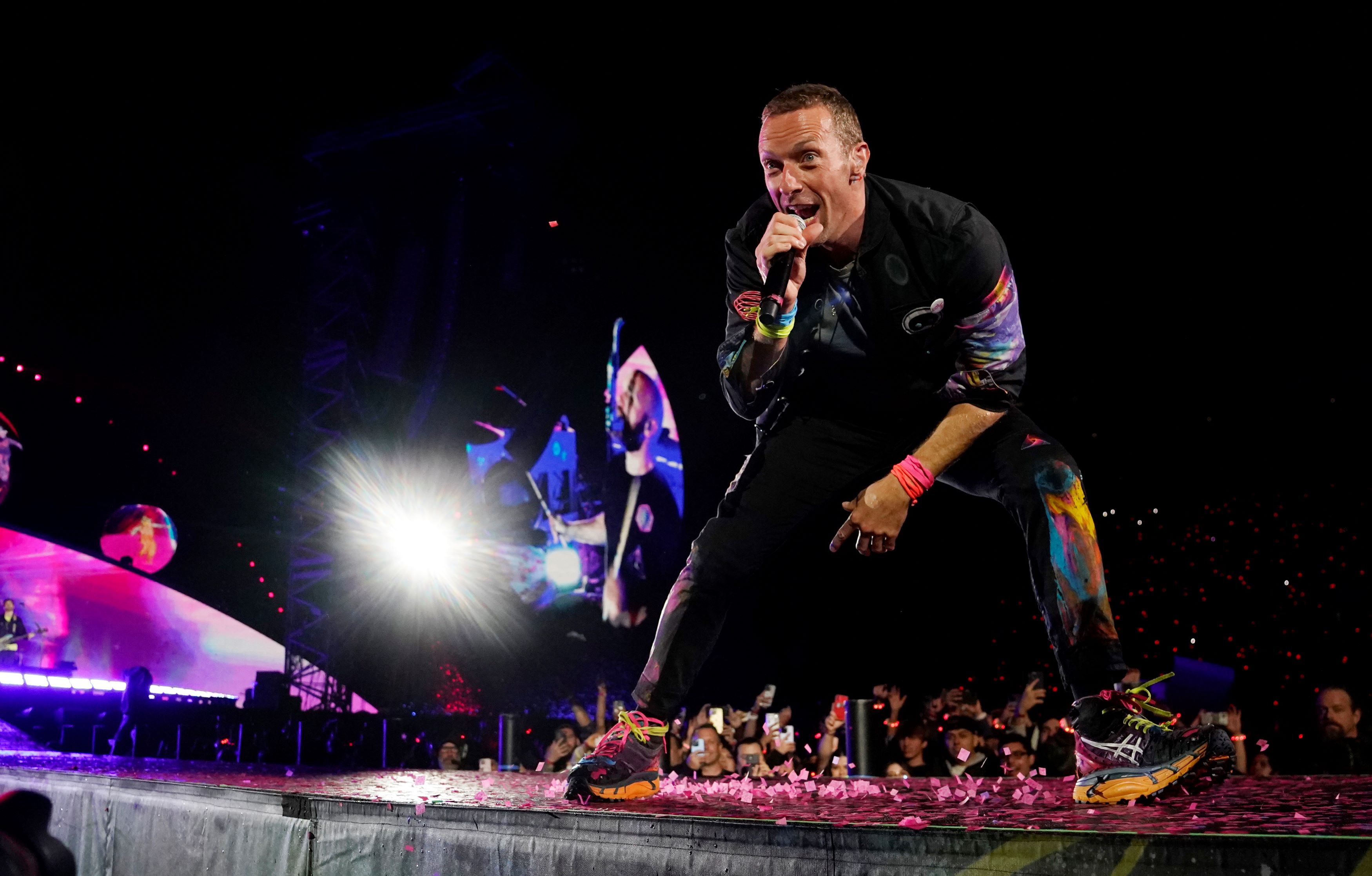
British rock band Coldplay announced on Thursday they will return to Hong Kong for the first time since they came to the city as part of their tour in 2009, and will perform three shows at the city’s new flagship stadium, Kai Tak Sports Park, in April.
The performances are scheduled for April 9, 11, and 12 next year with pre-sale tickets available from Oct 7 and official sales of tickets starting on Oct 10, according to the band’s official website.
The band’s performance will be part of the inauguration celebrations for Kai Tak Sports Park, which is expected to be completed by the end of this year and to open in the first quarter of next year.
ALSO READ: Singing along to revive the HK brand
Upon its completion, the 28-hectare Kai Tak Sports Park will be the largest sports park in Hong Kong, boasting a 50,000-seat main arena — three times the size of AsiaWorld-Expo.
Klook, a local platform for experiences and travel services, has announced that it is the official partner for Coldplay’s tour in Hong Kong. It will offer exclusive concert priority bookings with experience packages including tour tickets and one- or two-night hotel stays. Pre-sale tickets are available on Klook from Oct 8.
ALSO READ: SAR to host over 100 mega events in H2
Coldplay has also revealed that its Asia tour will commence in January next year with the first city it performs in being Abu Dhabi, UAE; followed by Mumbai, India; the Hong Kong Special Administrative Region, China; and then Seoul, South Korea.
Hong Kong Tourism Association executive director Timothy Chui Ting-pong said he believes that the event could draw tourists to stay overnight in Hong Kong, thus boosting expenditure.
READ MORE: ‘Moving to Kai Tak will make Rugby Sevens more attractive’
He suggested that the Hong Kong SAR government should provide transportation support for those attending the concert. “Introducing feeder buses after the event could swiftly transport guests to other areas of the city such as Central, Causeway Bay, and Tsim Sha Tsui, encouraging them to spend in restaurants, which will benefit the catering industry,” Chui said.
Caspar Tsui Ying-wai, executive director of the Federation of Hong Kong Hotel Owners, said that the concerts can showcase Hong Kong’s real situation to a global audience, and rectify some of the misunderstandings that some tourists may have about the city due to misleading reporting by Western media outlets.


